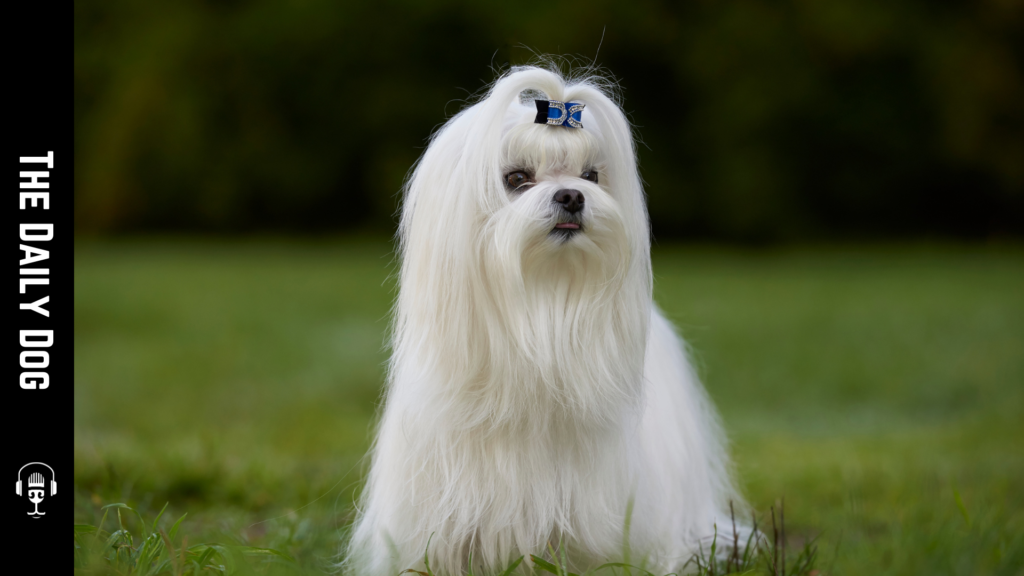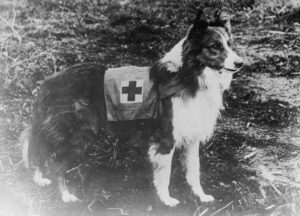The Maltese dog breed has captured the hearts of pet lovers worldwide for centuries. Known for its striking white coat, lively personality, and affectionate nature, the Maltese is a small dog with a big personality. Whether you’re considering adding a Maltese to your family or want to learn more about this charming breed, this article provides an in-depth look at everything you need to know about the Maltese. From its history and characteristics to grooming tips and health considerations, explore why the Maltese continues to be a beloved choice for dog enthusiasts everywhere.
The History and Origins of the Maltese
The Maltese breed boasts a history that dates back over 2,000 years. Originating from the Mediterranean island of Malta, the breed is believed to have descended from ancient companion dogs favored by nobility and royalty. Artifacts and paintings from ancient Egypt, Greece, and Rome depict small white dogs resembling the Maltese, indicating their long-standing popularity among aristocrats.
During the Renaissance, Maltese dogs gained recognition across Europe, often seen in the courts of kings and queens. Their elegant appearance and charming demeanor made them ideal companions for the wealthy and influential. Over the centuries, the breed’s popularity persisted, and today, they are cherished worldwide as both show dogs and family pets.
Physical Characteristics and Appearance
The Maltese is a small breed, typically weighing between 4 and 7 pounds and standing about 7 to 9 inches tall at the shoulder. Despite its tiny stature, the Maltese exudes elegance and grace. Its most distinctive feature is its long, silky, pure white coat flowing down its body, creating a regal appearance.
Key physical features of the Maltese include:
- Coat: The coat is long, straight, and silky. It requires regular grooming to maintain its luster and prevent mats.
- Head: Rounded skull with a slightly rounded forehead.
- Eyes: Dark, expressive, and round, giving the breed an alert and inquisitive expression.
- Ears: Drop ears covered with silky hair, blending seamlessly into the coat.
- Tail: Curled over the back, often carried high and gracefully.
Because of their delicate frame, Maltese dogs are considered hypoallergenic, making them a suitable choice for allergy sufferers. Their small size makes them perfect for apartment living or homes with limited space.
Temperament and Personality Traits
One of the most endearing qualities of the Maltese is its lively and affectionate personality. These dogs are known for being friendly, playful, and highly social. They thrive on human companionship and are often described as “lap dogs” because they love cuddling.
Personality traits include:
- Affectionate: Maltese dogs form strong bonds with their owners and enjoy being close to them.
- Intelligent: They are quick learners and respond well to training, especially when using positive reinforcement.
- Alert: Despite their size, they are attentive watchdogs, often barking at unfamiliar sounds or visitors.
- Playful: Their energetic nature makes them great playmates for children and other pets.
- Companionable: Maltese dogs are known for their friendly nature toward strangers and other animals.
However, they can sometimes be vocal or stubborn, so early socialization and consistent training are essential to ensure they develop good manners.
Living with a Maltese: What to Expect
Because of their size and temperament, Maltese dogs adapt well to various living environments, including apartments, condos, and houses with yards. They are particularly suited to owners who can spend quality time with them, as they thrive on companionship.
Key considerations for living with a Maltese include:
- Exercise Needs: While they don’t require extensive exercise, daily walks and playtime are necessary to keep them healthy and happy.
- Grooming: Their long coat demands daily brushing to prevent tangles and mats. Regular bathing and trimming are also recommended.
- Training: Early socialization and obedience training help curb excessive barking and stubborn behavior.
- Health: Being a small breed, Maltese are prone to specific health issues, including dental problems, patellar luxation, and respiratory issues. Regular veterinary check-ups are vital.
Due to their thin coats, Maltese dogs are also sensitive to cold weather so that they may need sweaters or jackets on chilly days.
Grooming Tips for the Maltese
Maintaining the iconic appearance of the Maltese requires dedication to grooming. Their long, flowing coat can become matted if not cared for properly. Here are some essential grooming tips:
- Daily Brushing: Use a soft-bristle or pin brush to detangle the coat gently. This helps prevent mats and removes loose hair.
- Regular Baths: Bathe the dog every 1 to 2 weeks using a gentle, dog-specific shampoo to keep the coat shiny and clean.
- Trimming: Regular trims are necessary around the eyes, paws, and sanitary areas. Many owners opt for a “puppy cut,” which shortens the coat for easier maintenance.
- Eye Care: Maltese are prone to tear staining. Cleaning the eyes daily with a damp cloth helps prevent staining and infections.
- Dental Hygiene: Small breeds are susceptible to dental issues. Brushing their teeth several times a week and providing dental chews can promote oral health.
Professional grooming every 4 to 6 weeks ensures the coat remains in optimal condition and helps keep your Maltese looking its best.
Health Considerations and Common Issues
While Maltese are generally healthy, they are predisposed to specific health concerns that owners should be aware of:
- Dental Disease: Small breeds often suffer from dental problems. Regular brushing and professional cleanings are recommended.
- Patellar Luxation: A condition where the kneecap slips out of place, causing discomfort and mobility issues.
- Progressive Retinal Atrophy (PRA): An inherited eye disorder leading to blindness.
- White Dog Shaker Syndrome: A neurological condition causing tremors, more common in small, white breeds.
- Hypoglycemia: Young Maltese puppies are prone to low blood sugar, necessitating regular feeding and monitoring.
Choose reputable breeders who screen for genetic issues and schedule routine veterinary visits to ensure your Maltese remains healthy.
Training and Socialization Tips
Despite their small size, Maltese dogs are intelligent and eager to please, making training relatively straightforward with the right approach. Early socialization is crucial to prevent behavioral issues like excessive barking or timidity.
Training tips include:
- Use positive reinforcement techniques such as treats and praise.
- Consistency is key—establish clear rules and routines.
- Socialize your Maltese with other dogs and people from a young age.
- Enroll in puppy training classes if possible.
- Address barking early to prevent it from becoming a nuisance.
Patience and gentle handling foster a well-behaved and confident companion.
Why the Maltese Makes an Ideal Family Pet
The Maltese’s friendly nature, adaptability, and affectionate temperament make it a perfect addition to many households. They are especially suitable for:
- Families with older children: Their small size and gentle nature make them good companions.
- Elderly owners: Their manageable size and loving disposition suit seniors well.
- Urban dwellers: Their compact size and minimal exercise needs make them ideal for apartment living.
- Pet lovers seeking a hypoallergenic breed: Their low-shedding coat is a plus for allergy sufferers.
Their lively personality and loving nature ensure they bring joy and companionship to their owners. When properly socialized, they are also good with other pets and animals.
The Cost of Owning a Maltese
Investing in a Maltese involves initial costs for purchasing or adopting and ongoing expenses for grooming, veterinary care, food, and accessories. The purchase price can range from $1,000 to $3,000, depending on the breeder and pedigree. Regular grooming, health checkups, and quality nutrition are essential to keep your Maltese happy and healthy.
Final Thoughts: Is a Maltese the Right Dog for You?
The Maltese is a delightful breed that combines elegance, intelligence, and a loving personality. Their small size makes them suitable for various living situations, and their affectionate nature ensures they become a cherished family member. However, their grooming needs and health considerations require commitment and attention.
If you’re prepared to dedicate time to grooming and training and are looking for a lively, affectionate companion, the Maltese could be the perfect addition to your life. Their timeless charm and friendly demeanor enchant dog lovers worldwide, making them a truly special breed.
In Summary
- History: Ancient Mediterranean origin, favored by nobility.
- Appearance: Small, silky white coat, expressive eyes, elegant stature.
- Personality: Affectionate, intelligent, playful, alert.
- Living Needs: Moderate exercise, regular grooming, socialization.
- Health: Prone to dental issues, patellar luxation, eye problems.
- Ideal for families, seniors, city dwellers, and allergy sufferers.
Embrace the timeless allure of the Maltese and enjoy a loyal, loving, and charming companion who will brighten your life every day. Whether as a show dog or a cuddly family member, the Maltese continues to be a breed that captures hearts with its elegance and joyful spirit.










